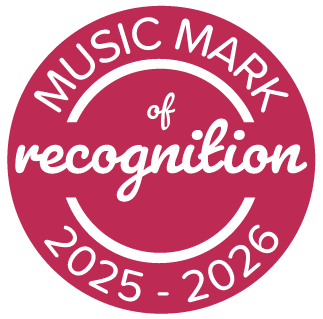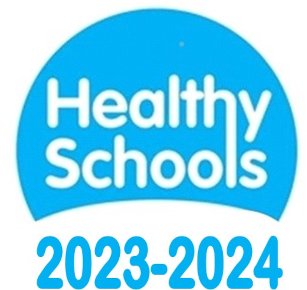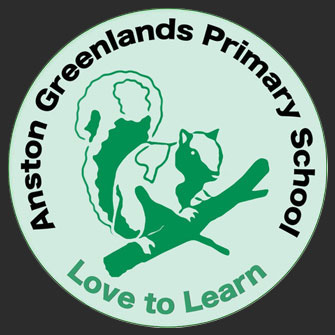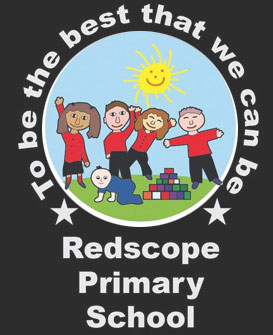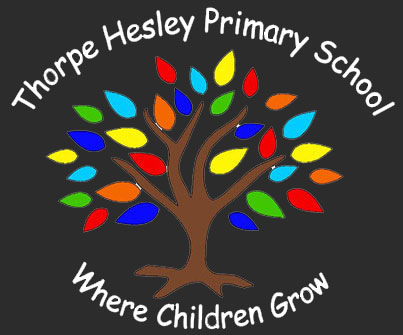The overarching aim for English in the National Curriculum is to promote high standards of literacy by equipping pupils with a strong command of the written and spoken word, and to develop their love of literature through widespread reading for enjoyment. The National Curriculum for English aims to ensure that all pupils:
- read easily, fluently and with good understanding
- develop the habit of reading widely and often, for both pleasure and information
- acquire a wide vocabulary, an understanding of grammar and knowledge of linguistic conventions for reading, writing and spoken language
- appreciate our rich and varied literary heritage
- write clearly, accurately and coherently, adapting their language and style in and for a range of contexts, purposes and audiences
- use discussion in order to learn; they should be able to elaborate and explain clearly their understanding and ideas
- are competent in the arts of speaking and listening, making formal presentations, demonstrating to others and participating in debate
Spelling
Children use Spelling Frame spelling scheme in school. Each week, children from Y1-Y6 will be taught a new spelling rule. They spend the week consolidating this and will bring home spellings to practise. Teachers aim to make spelling lessons fun and the activities are designed to be engaging and practical. We encourage families to be creative with their spelling practice at home!
Supporting your child at home
Developing children’s literacy skills is dependent on the mastery of several areas in the English language. Children can build up their literacy skills in a number of ways, from practical hands-on activities to interactive PC games. Below are just a few ways to raise your child’s confidence and competency in the subject.
Get children to emulate the style of an author
By the time children reach the age of 6, they may have already started to develop a preference for a particular author or genre. Get children to ‘Magpie’ or borrow literary devices, vocabulary, plots and story structure ideas from the books they read on a regular basis. Children can then apply the information they have gleaned to their own extended pieces of writing.
Discussion about the vocabulary choices made by the author and the impact of these is also vital.
Encourage children to write a journal
Writing in a journal or diary on a daily or weekly basis will ensure that children will have regular opportunities to improve their writing skills. Maybe try giving children ‘free writing’ books and, as their work is not assessed, children will feel they have the freedom to choose what they write about – this often leads to a more creative piece of writing. A perfect time to start a journal is during the school holidays and I’m sure your child’s class teacher would enjoy reading this upon returning to school.
Encourage children to write at every opportunity
If children are intimidated by longer pieces of writing, simply get them to tackle shorter pieces. Children can help you write the weekly shopping list or write thank-you letters to friends/family members that have given them birthday presents. If families take a holiday during school breaks, children can write postcards to loved ones using the same structures they use for letter writing.
Think about the provision that is available to your child/children at home. Invest in paper and a range of pens and pencils to engage children and encourage them to write rather than play on their iPads and phones. The increase in the number of children, particularly younger children, using laptops, phones and iPads has had a significant impact on their fine motor skills.
Useful Links and Resources
Immersing children in English-based activities can help them improve their reading, writing, vocabulary, grammar, and spelling skills. There are a number of organisations and sites that provide online activities, teaching tips, and free books for children.
Click on the following links:
National Children’s Literacy Website
This non-profit organisation is dedicated to improving and promoting children’s literacy in child care and home settings. Helpful materials on the National Children’s Literacy Website include general literacy tips, advice on teaching children to read, educational activities, story-time tips, and links to additional resources.
StoryPlace
StoryPlace is a digital library created specifically for children. Library materials include free online books, online activities, take-home activities, and reading lists for preschool and elementary students.
Starfall
Starfall relies on phonics to help children learn how to read. The site offers movies, interactive games, and engaging activities for readers in pre-k to second grade.
International Children’s Digital Library
This online library hosts nearly 5,000 high-quality digital books in more than 50 different languages.
Storynory
This site publishes a new audio story each week. Storynory offers both classic stories and original tales that have been adapted from stories around the world.
Grammar Girl
Grammar Girl Mignon Fogarty provides a free podcast that covers common grammar mistakes and issues. Each podcast episode lasts only a few minutes and provides easy-to-understand grammar advice and tips.
The Story Kitchen
Created by Bruce Van Patter, The Story Kitchen offers dozens of story starters to help inspire young writers. Each story beginning consists of a few paragraphs with a note at the end that encourages site visitors to finish the story.








